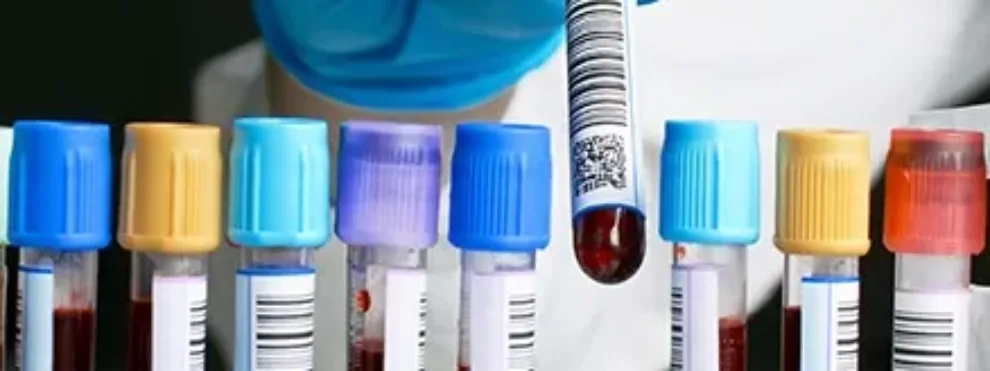Flow cytometry has been developed and used as a clinical tool since the invention of the first cytometers in the 1970s. At present, flow cytometry is considered essential for many routine clinical diagnostics, including assays for leukemia and lymphoma, stem cell enumeration, solid organ transplantation, HIV infection status, immunodeficiencies, and hematologic abnormalities. Many scientists involved in clinical trials or drug development are faced with developing clinical flow cytometry assays for multiple phases of clinical development.
If you find yourself starting to plan a clinical flow cytometry assay, here are the top 3 issues to think about as you plan your experiment.
1. What Is Your Sample?
Are you looking for a rare population of cells in human blood, or are you surveying a number of different cell types that are well characterized? When you design a clinical flow assay, you need to assure that you can reliably detect the cells you are intending to analyze. You need to be confident you are using the best-suited reagents and antibodies that can consistently identify your cell population(s). It’s worth taking the time during the planning stages to screen different antibodies and staining materials so you can find the most dependable reagents.
2. How Are You Handling Your Samples?
The viability and functionality of the cells you plan to enumerate or phenotype can be affected by many factors that impact the reliability of a clinical flow assay. These factors include the tubes used for sample collection or staining, the time span between sample collection and flow cytometry analysis, and the storage and assay temperatures. It’s important to take the time to optimize the conditions in which you collect, handle, and store your samples to assure consistency.
3. Acquaint Yourself With The Alphabet Soup of Regulatory Lingo.
As you start to research and write protocols for your clinical flow assay, you may come across terminology like QA/QC (quality assurance/quality control), GLP (good laboratory practice), GCP (good clinical practice), and validation. Clinical flow cytometry assays may need to meet certain criteria in order to be considered a validated assay for a clinical trial or diagnostic test. Your flow cytometer may also need to meet certain QA/QC criteria.
Talk to experts in the area of clinical protocols for more insight into assay validation and regulatory compliance and what it means for your assay.

